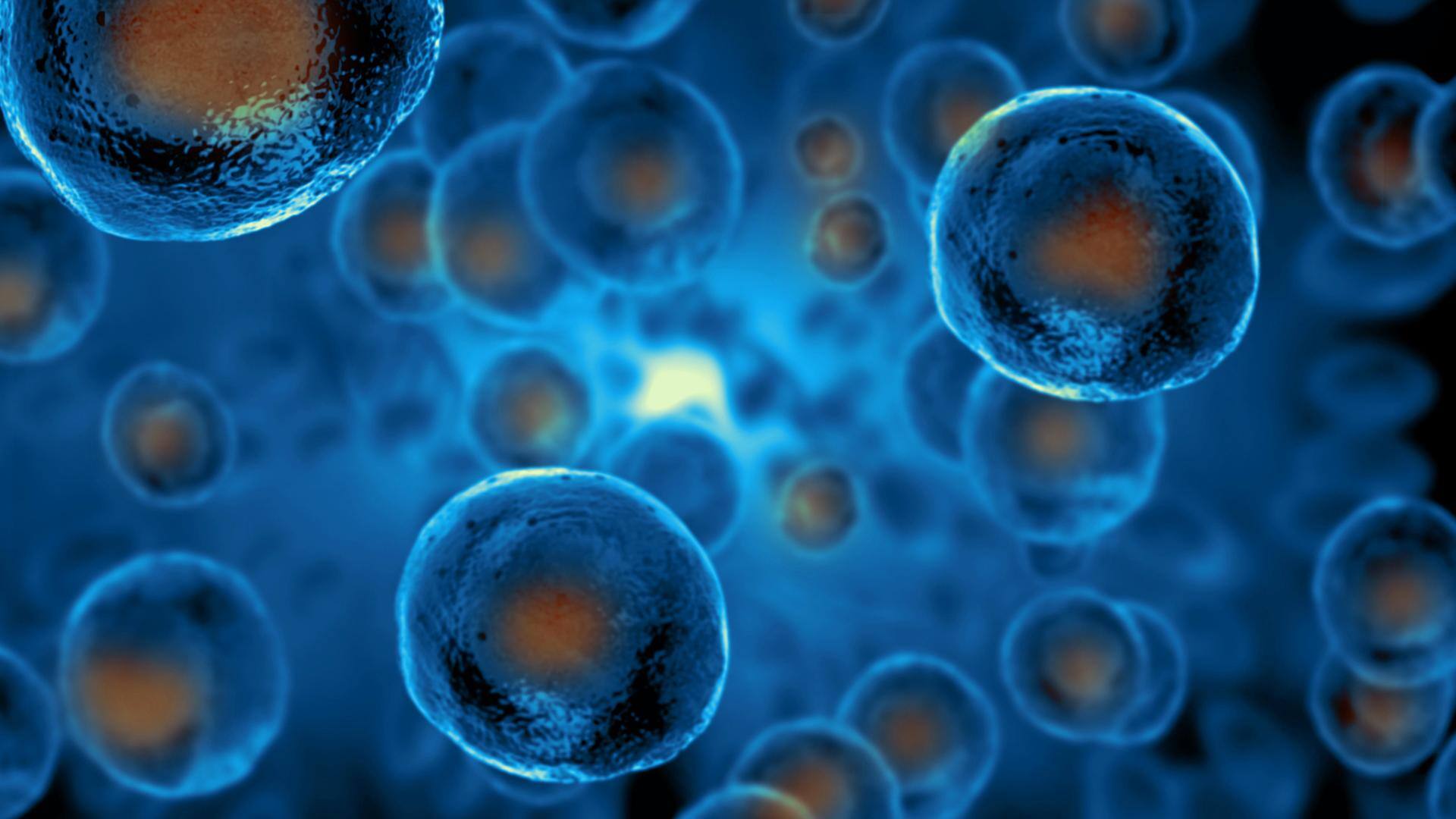
Scientists create synthetic human embryo with heartbeat, replicate early pregnancy
What's the story
Researchers from the Gurdon Institute at the University of Cambridge have developed a model human embryo with a heartbeat and some traces of blood.
This remarkable scientific advancement provides a glimpse of the developmental stages in the first few weeks of life.
What's fascinating is that the synthetic embryo was created without fertilization involving egg and sperm cells.
Context
Why does this story matter?
Biologists have long been curious to understand what exactly happens during the initial stages of life and thanks to advancements in research, we are getting more insights into the matter.
Synthetic embryo models are a fairly recent scientific advancement. These lab-based models carry immense potential in the field of medicine, such as tracking down genetic disorders and in drug development.
Process
The embryo model was developed using human stem cells
The embryo model was created from human stem cells, which can evolve into any type of cell found in the body.
Interestingly, the model resembled cells and structures that would typically appear in the first few weeks of pregnancy.
Beating heart cells usually appears on the 23rd day in a normal embryo while traces of red blood occur in the third or fourth week.
Development
The model lacked precursors for the placenta and yolk sac
In the model, the heart and blood were developed from stem cells and then shifted into a rotating container, which was meant to serve as an artificial uterus.
However, the synthetic model did not have the potential to develop into a fetus. It did not contain the placenta and yolk sac, which are essential for the growth of a normal embryo.
Implications
Lab-grown embryonic models have several potential implications
These lab-grown embryonic models have several implications, starting from providing important insights into the early development stages of life.
They could help understand the effect of genetic disorders, the reason for recurrent miscarriages and could also be used in screening studies to assess the effect of drugs on embryos.
They can even help understand the connection between gestational diabetes and heart defects in infants.
Ethical concerns
Such models could also find use in regenerative medicine
Scientists also hope these embryo models will find their applications in regenerative medicine. They could be used to create personalized grafts of liver or heart tissue, helping patients waiting for organ donors.
However, these synthetic structures are associated with ethical concerns.
It is important to mention that the findings of the research are yet to be peer-reviewed or published in a journal.